Discipline is Devotion
Discipline is Devotion
Often, I hear people say they don’t have discipline or they’re not good at being disciplined. This can be challenging because usually we need some motivation to achieve our goals. Typically, discipline has a negative connotation because we associate it with things we don’t want to do or feel like doing, as if it were a chore or burden. This word does not have to carry an undesirable meaning. We need discipline to make positive changes in our life, as well as break old patterns and habits that no longer serve us. I tend to view it more as having self-love and caring for our well-being.
Something that has helped me is replacing the word discipline with the word devotion. My mantra has been, “Discipline is devotion, and devotion is self-love”. With this shift in perspective, I can take the pressure off myself, by coming down from my head and into my heart. This helps me to be kinder to myself when my discipline is lacking. When I put the word discipline into the thesaurus, here are some words that popped up:
Photo by Scott McCormick
“Being self-aware is a subtle practice and something we can tune into more with attention.”
“My mantra has been, discipline is devotion, and devotion is self-love.”
Development
Practice
Self-control
Willpower
Self-mastery
As we practice discipline in our lives, we lean into the discomfort of the unknown. Ironically, it’s the place we yearn for even though it feels uncomfortable. It’s also where the magic happens. What would it feel like to cultivate discipline and self-compassion at the same time? It’s never productive or helpful to be hard on ourselves as we make changes. We can make changes while being kind, self-aware and compassionate. I encourage you to practice this with your ‘To Do’ List. The next time you feel like you should/need to work out, eat healthier, save more money and so on, gently remind yourself that you are devoting time to yourself to work toward your goals. Of course, this takes practice and begins with baby steps.
Baby Steps
Sometimes when we have goals we want to reach, achieving them can seem overwhelming. We want to get to the finish line as soon as possible, yet there is so much we need to do that we feel frozen or stuck and don’t know where to start. When my clients feel this way, I encourage them to set three small goals a day. This helps to break down your plan into smaller, more attainable steps. You can write them before bed or in the morning. If you’re not sure where to start, I find it helpful to work backwards. For example, if your goal is to eat at home more: 1) decide what meals you want to make, 2) write the grocery list and 3) go to the store to get what you need. This works better than going to the store and not knowing what to buy. Baby steps will still get you to where you want to be without feeling overwhelmed.
R.A.I.N.
Another component to being disciplined is having self-awareness. It is important to learn why we get in our own way sometimes and have so much resistance to change. Being self-aware is a subtle practice and something we can tune into more with attention. R.A.I.N. is an acronym created by Michelle McDonald, a senior mindfulness teacher, to help explore our emotions with self-compassion. This is a helpful tool when discovering what our barriers are to making changes in our life. R.A.I.N. stands for:
R - Recognize what is coming up for you. Recognize what’s going on. Just notice it.
A - Allow what’s coming up to be there just as it is. Allow it without trying to change it.
I - Investigate with loving-kindness. Explore what’s coming up for you with curiosity and non-judgement.
N - Not identify/Non-judgement. Remember, you are not your thoughts. You are not your emotions. As Pema Chödrön said, “You are the sky. Everything else is just the weather.”
Using this tool alongside your goals and ‘To Do’ lists will help you notice what is coming up when you feel discomfort, avoidance, fear, anxiety and/or resistance, depleting your desire to be disciplined. To learn more about R.A.I.N., check out articles by Rick Hansen, Ph.D. and Tara Brach, Ph.D., both leaders in mindfulness.
Change is challenging, and even though we want to change it can feel easier to stay right where we are because it’s comfortable and we know it. The unknown feels scary, especially because it reminds us that we have no control and control is just an illusion. To move through these periods of stagnancy we need courage and discipline. Practicing discipline while being kind and loving allows us to devote time and energy to our self instead of ignoring and avoiding our self. This compassionate energy moves us through our own barriers without being our own worst enemy. Remember, this takes practice and baby steps. Being self-aware throughout this journey is crucial.
Photo by Scott McCormick


